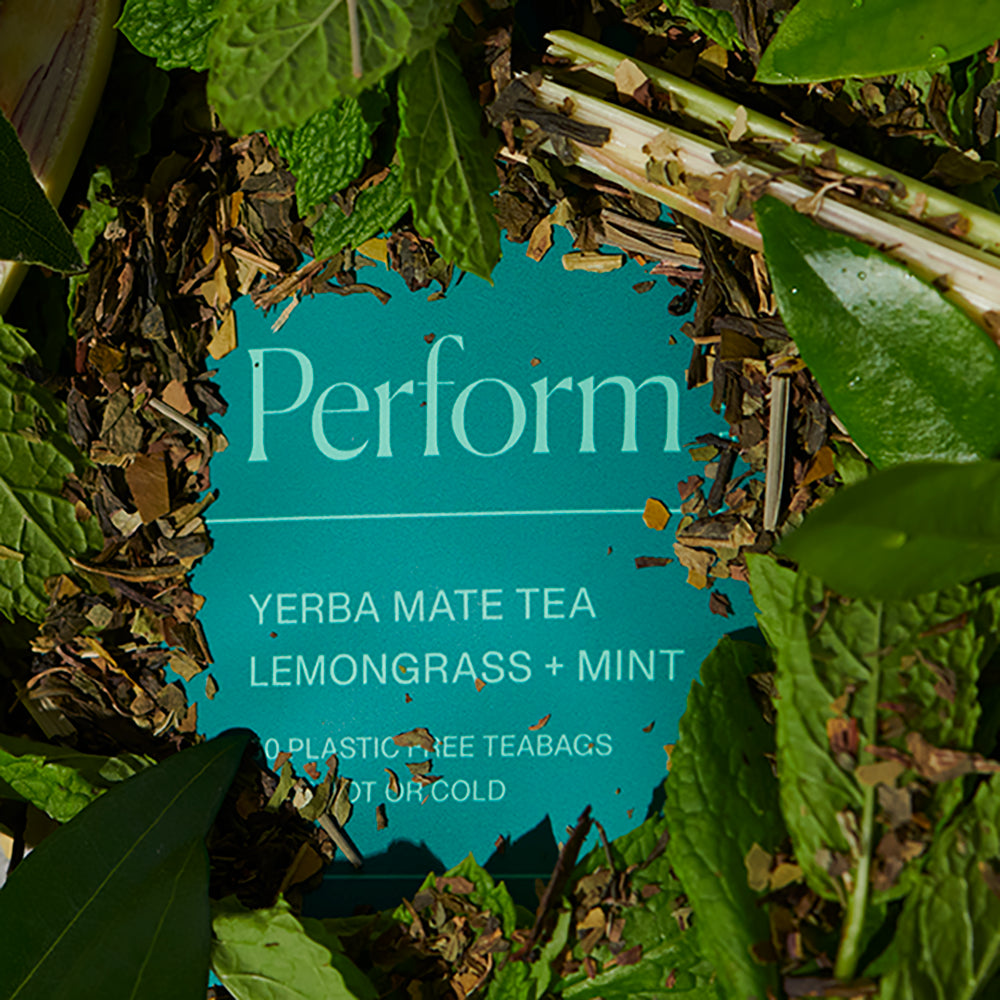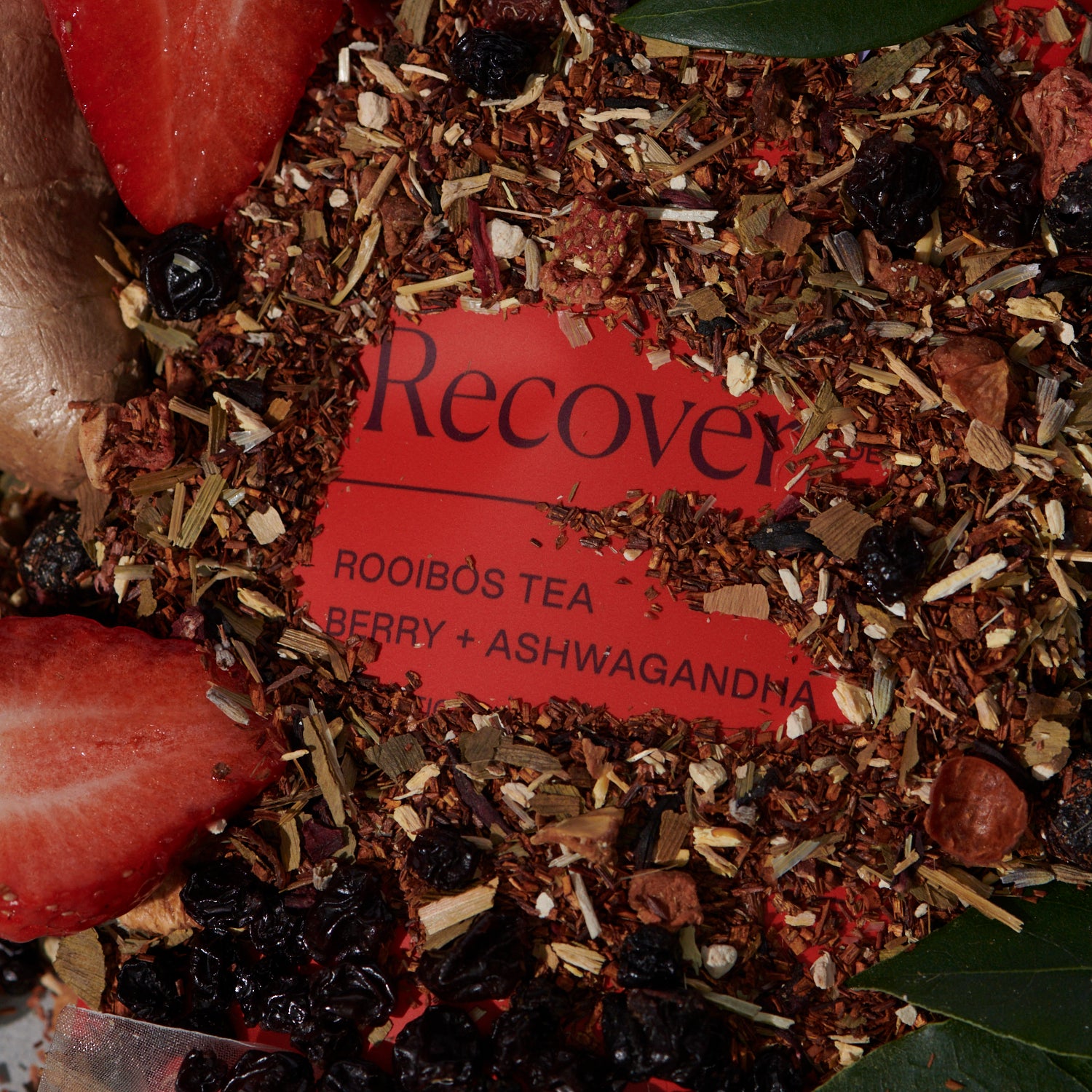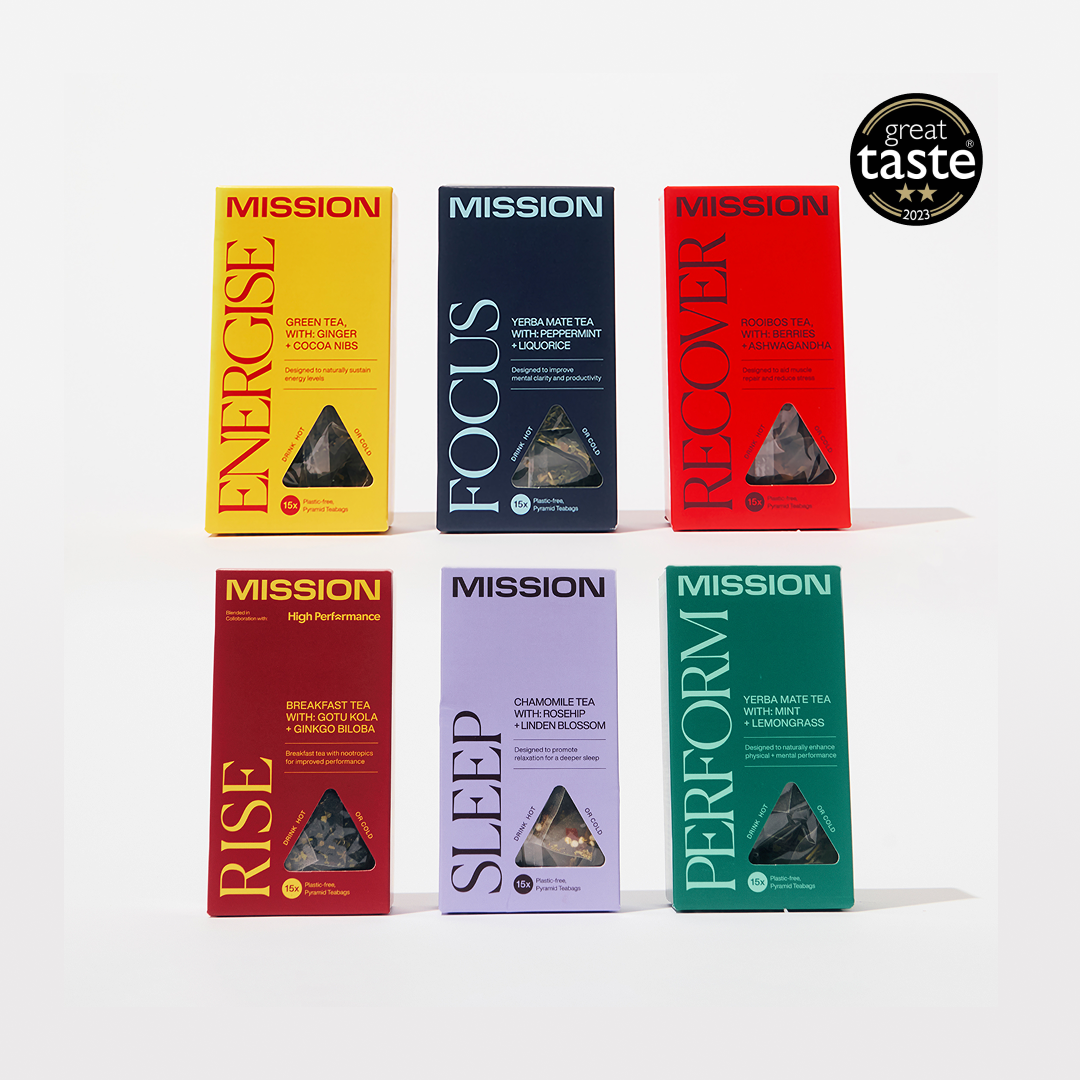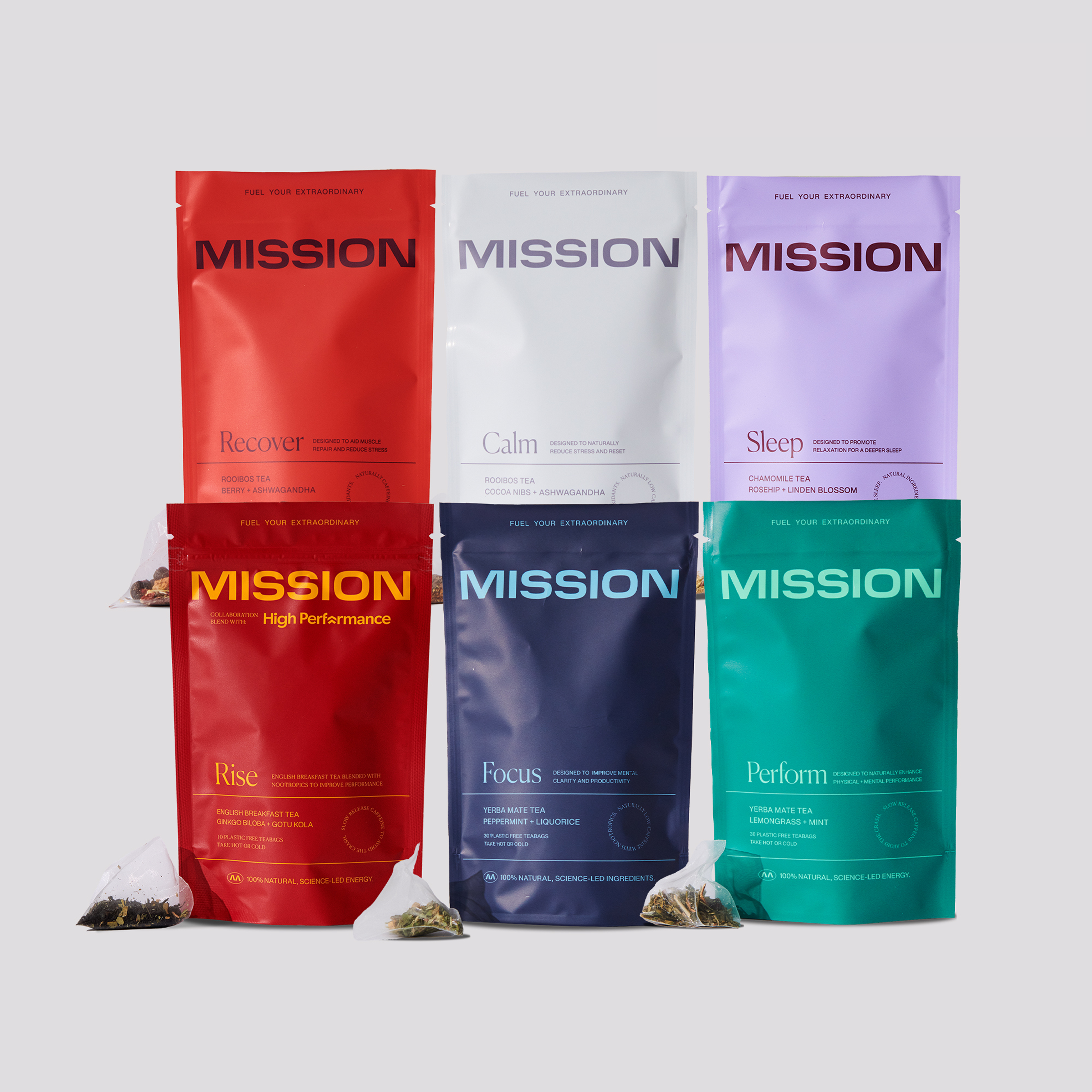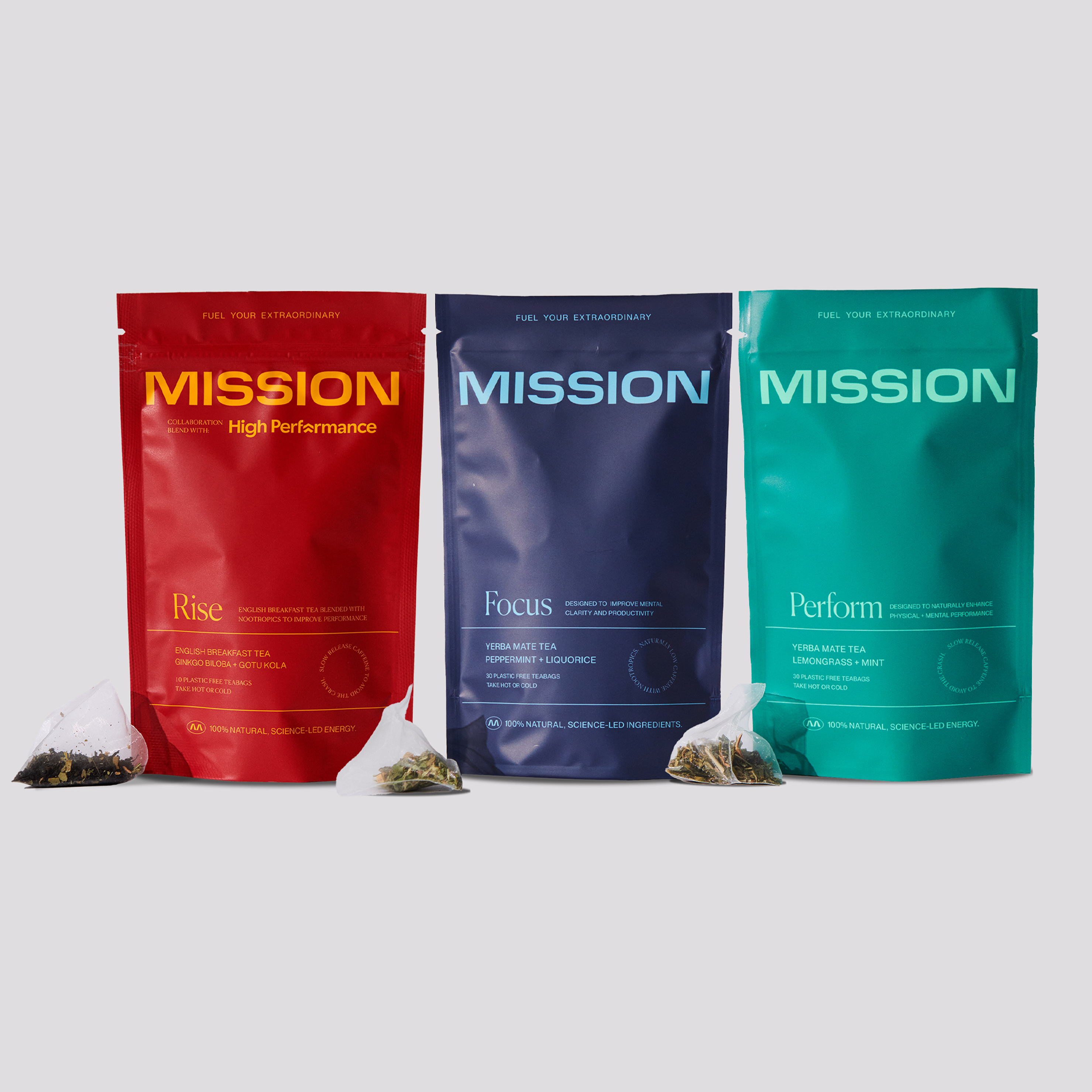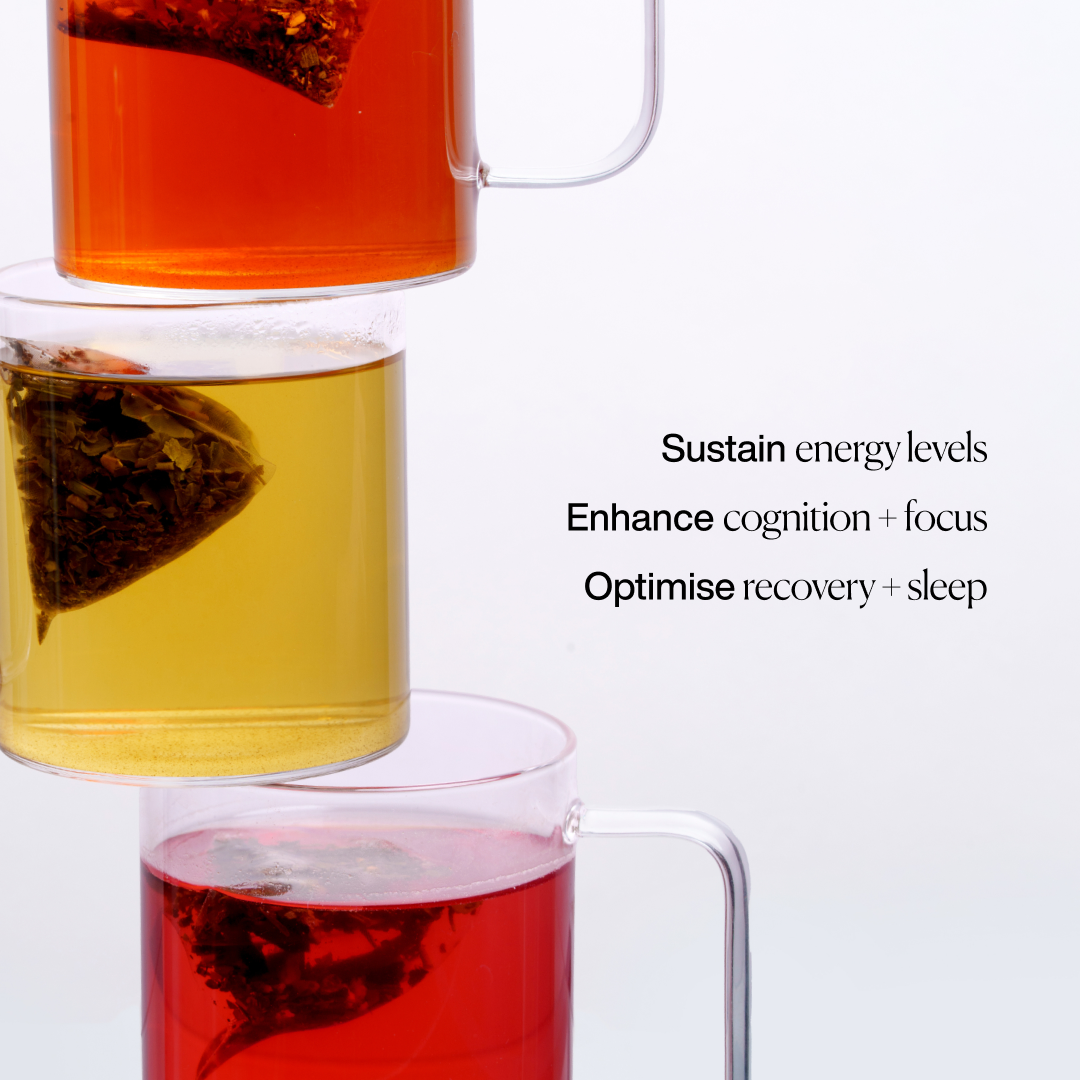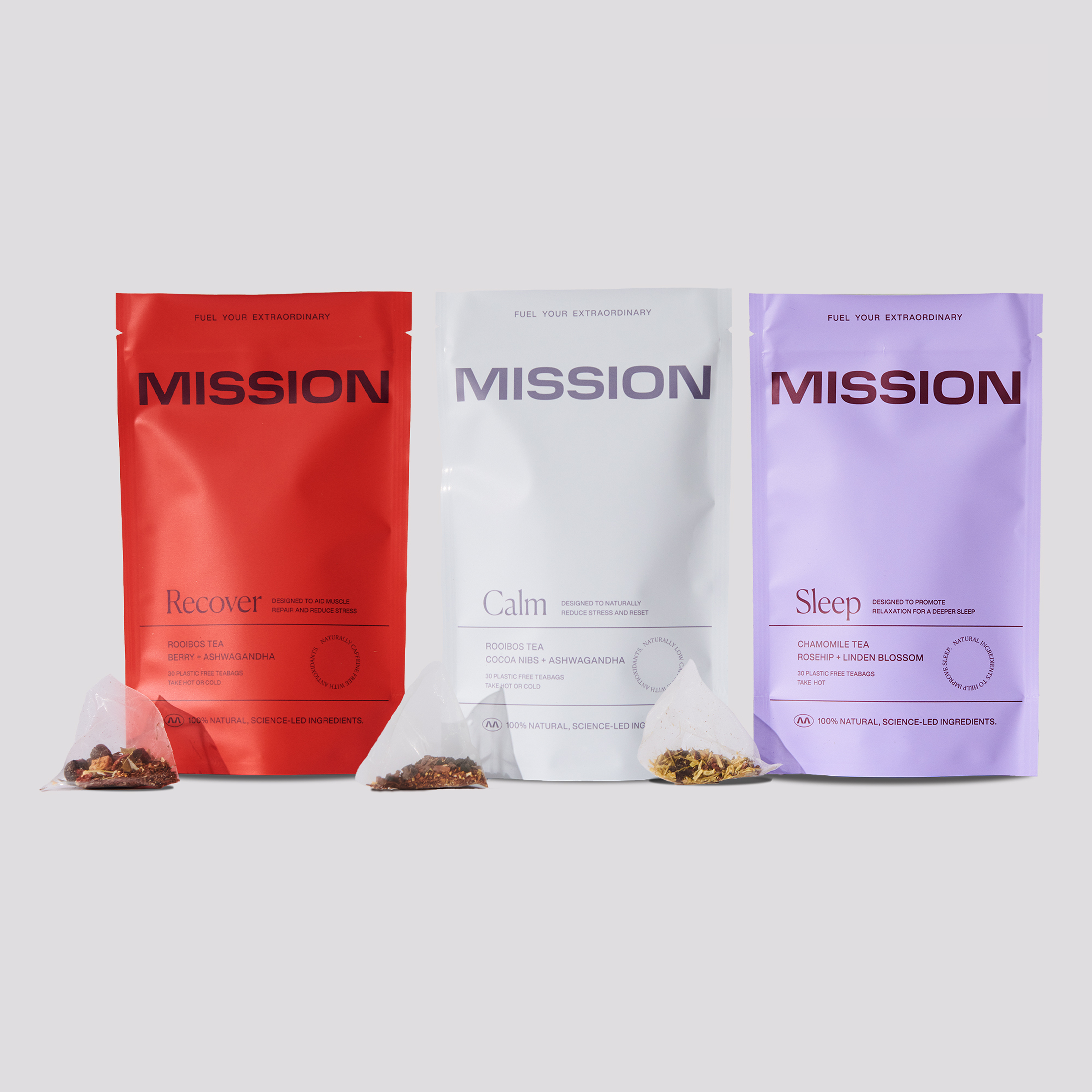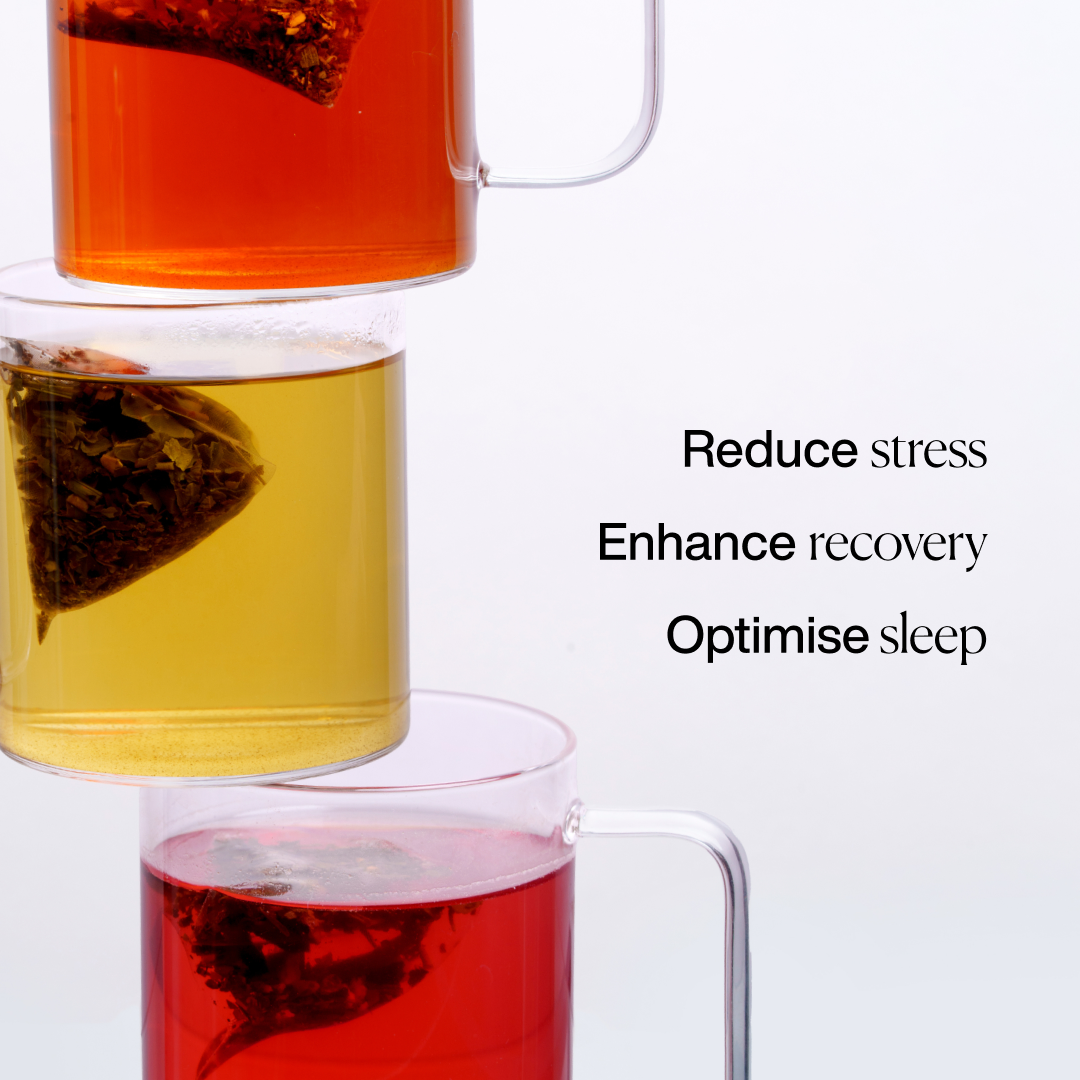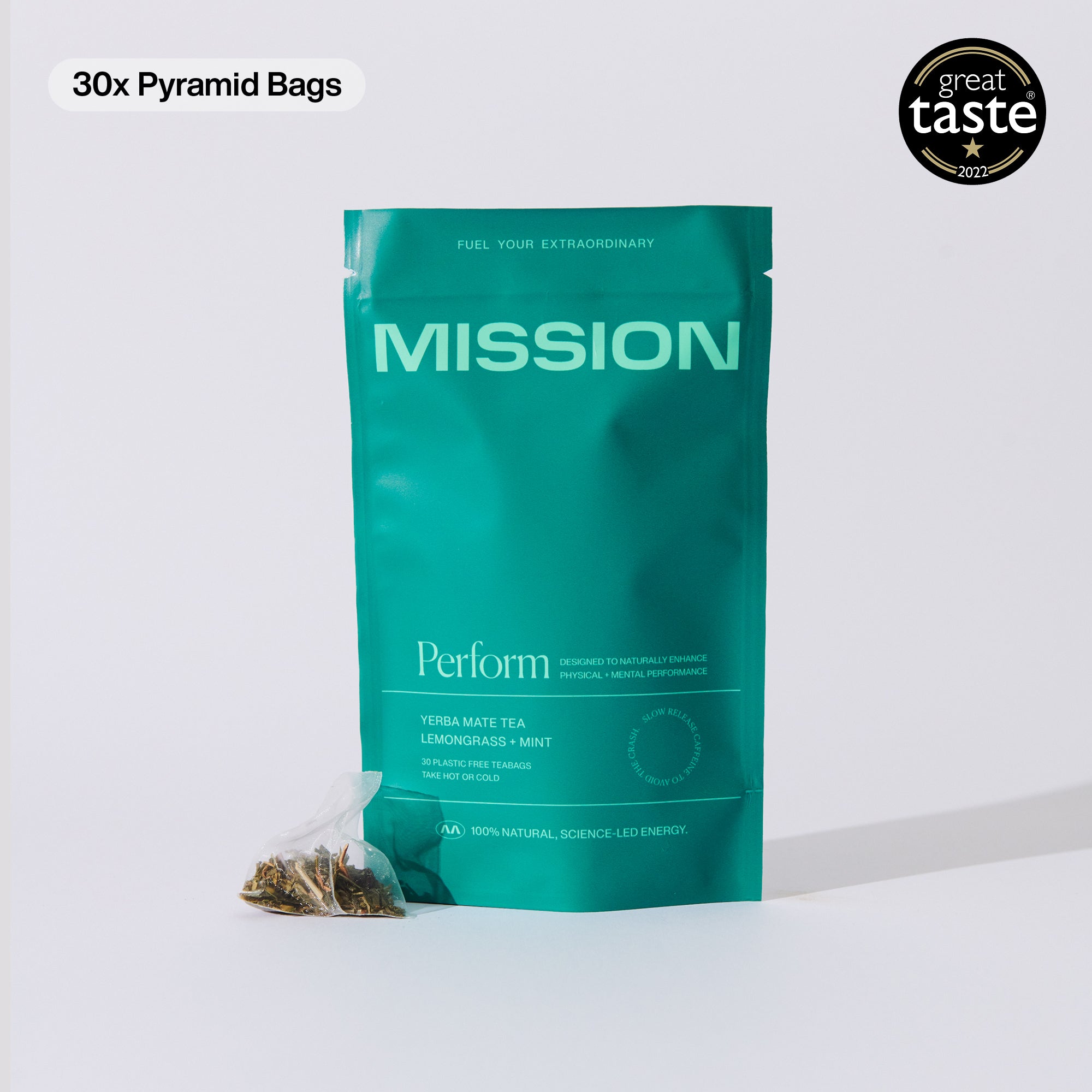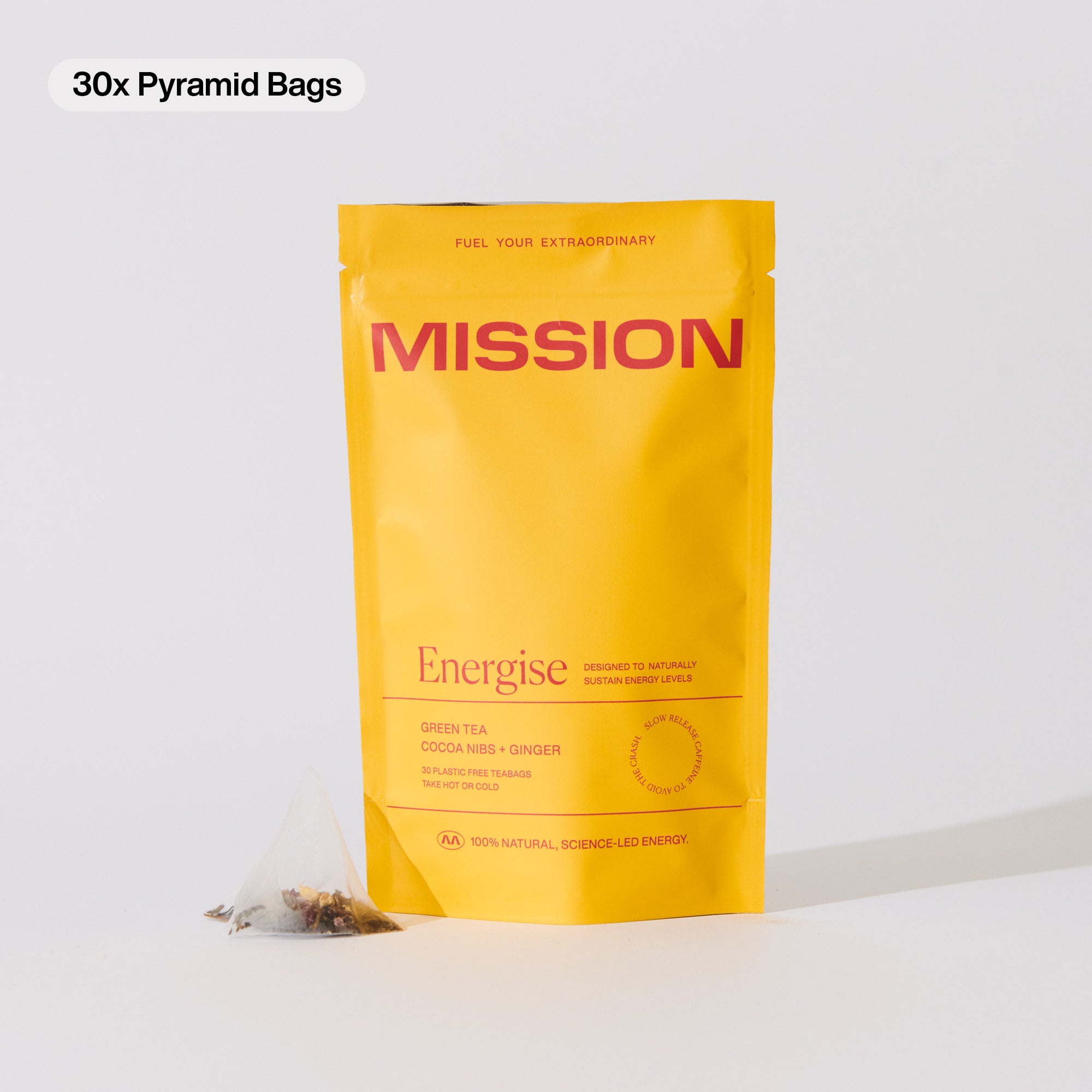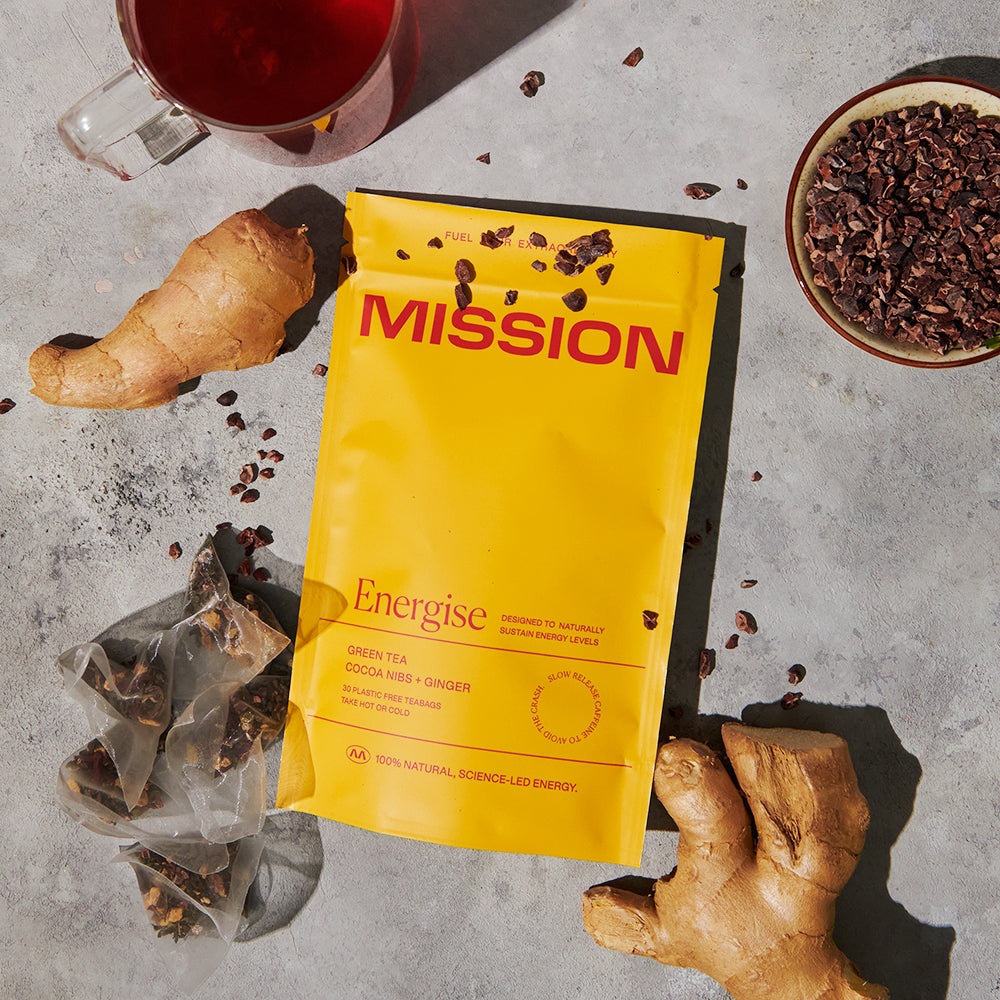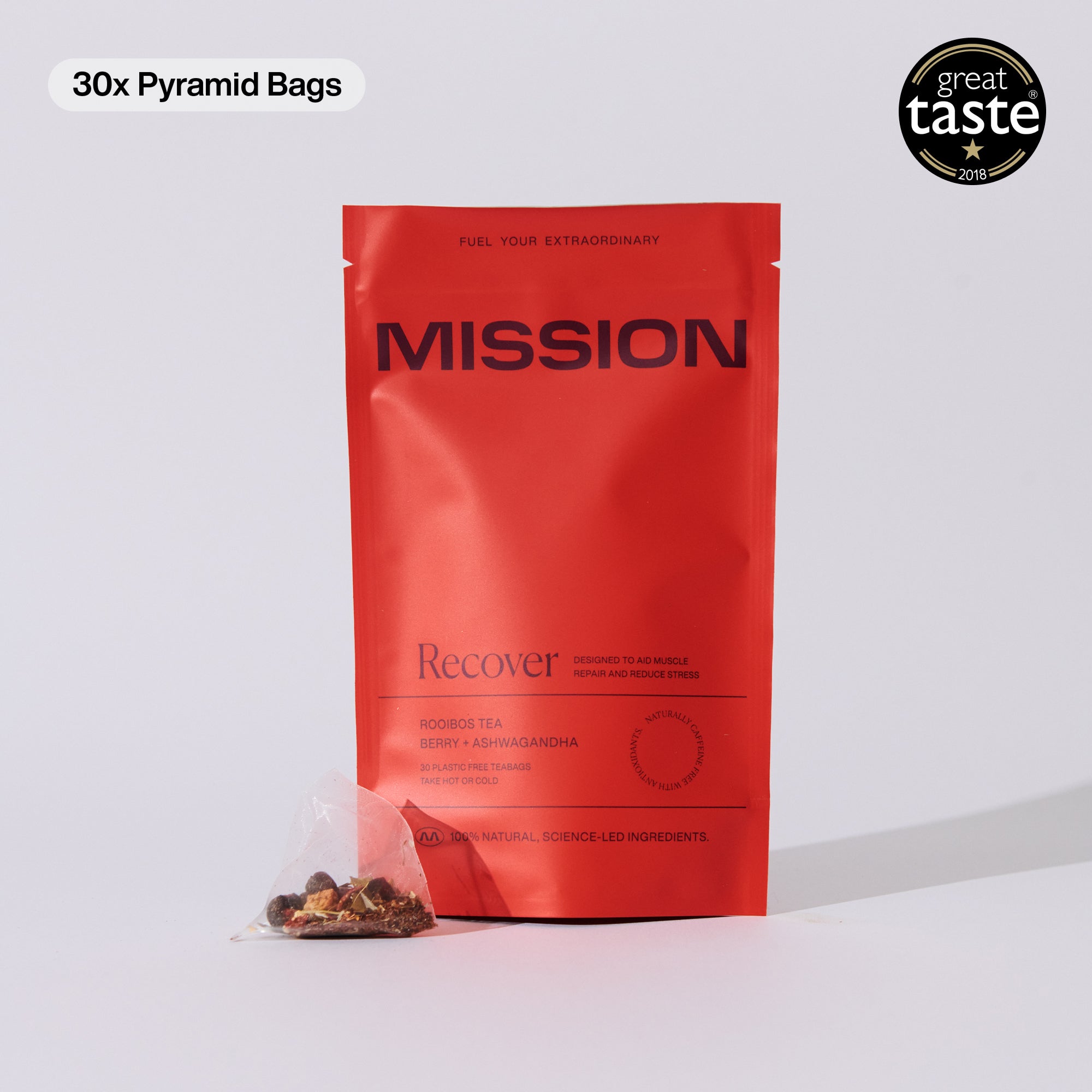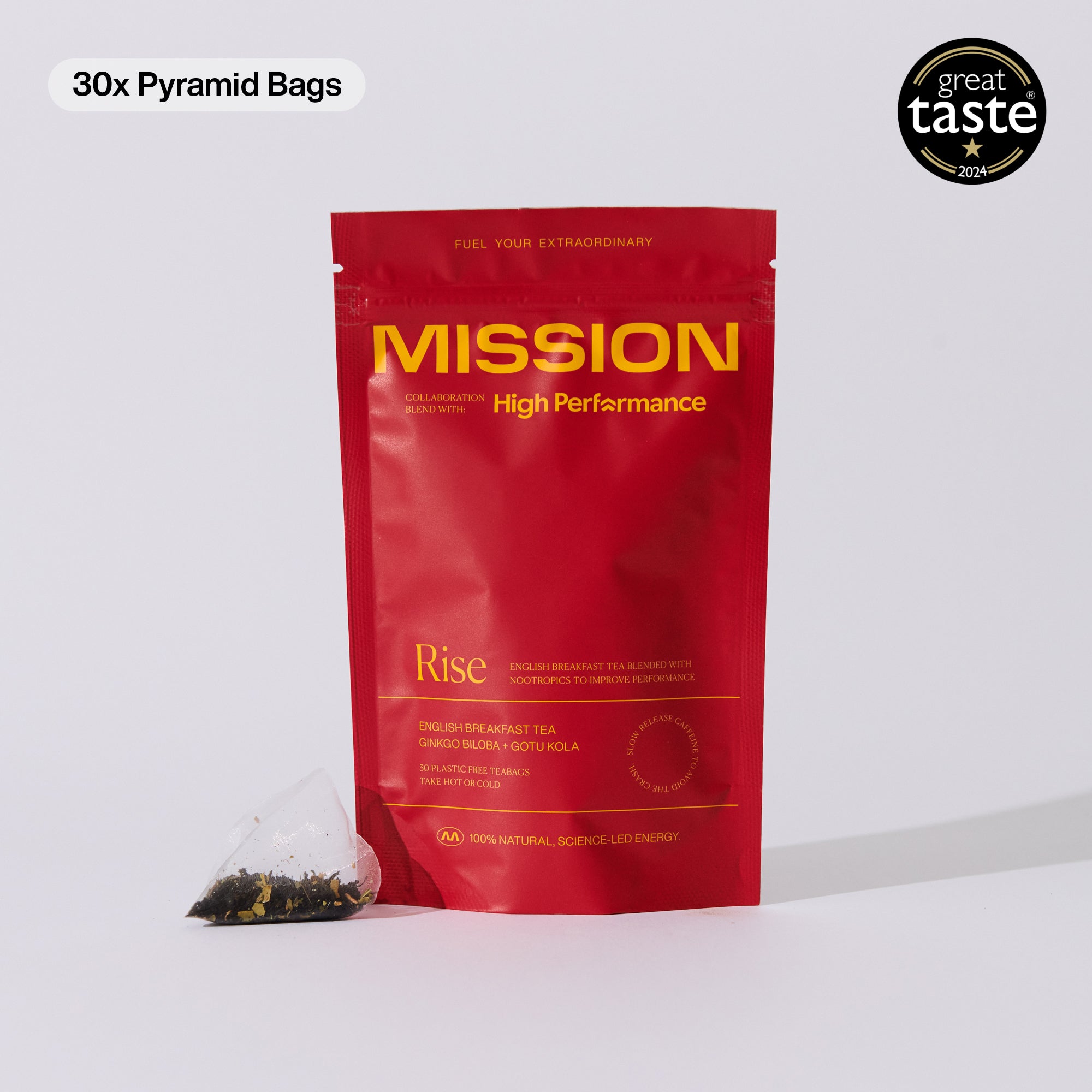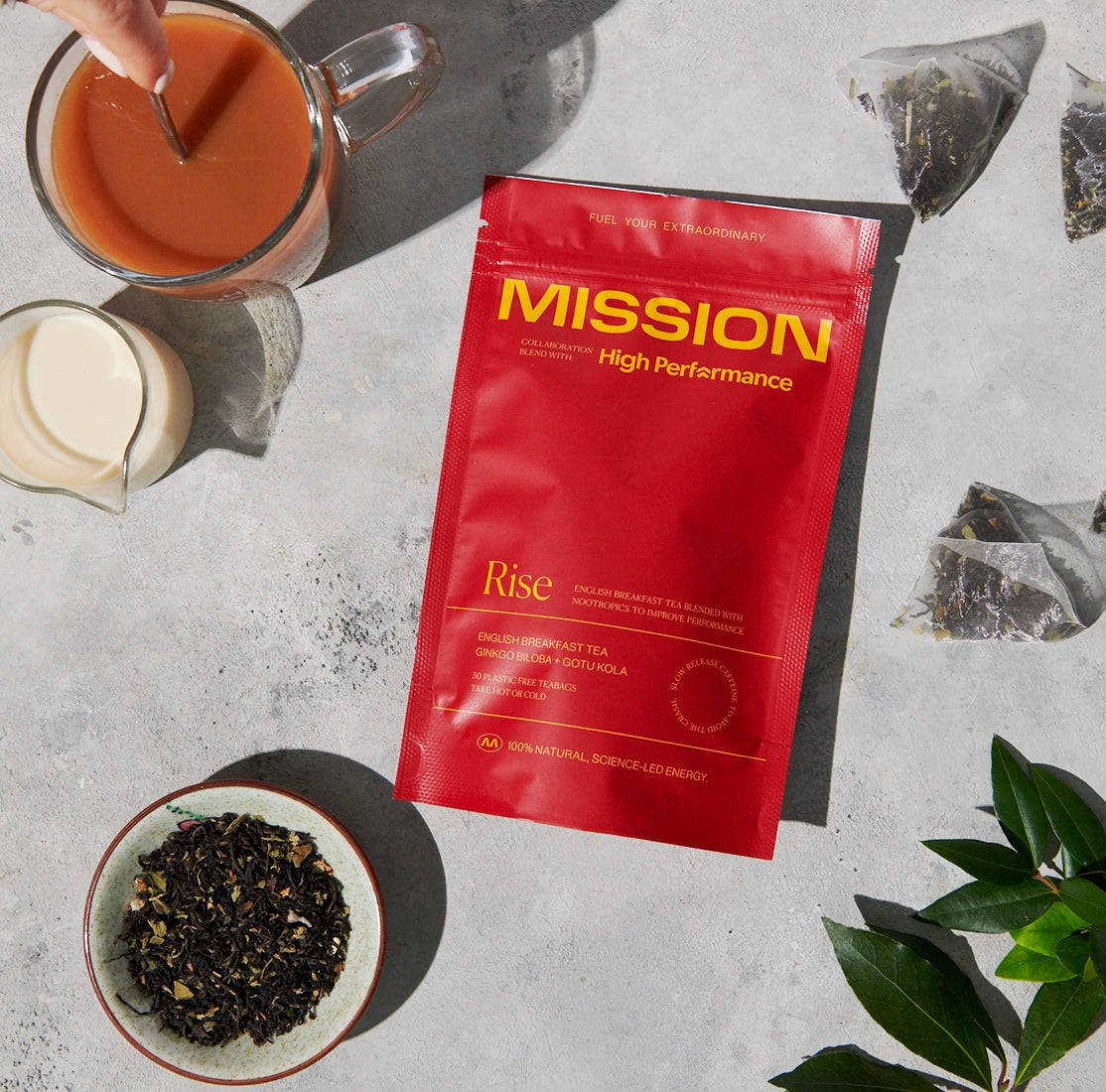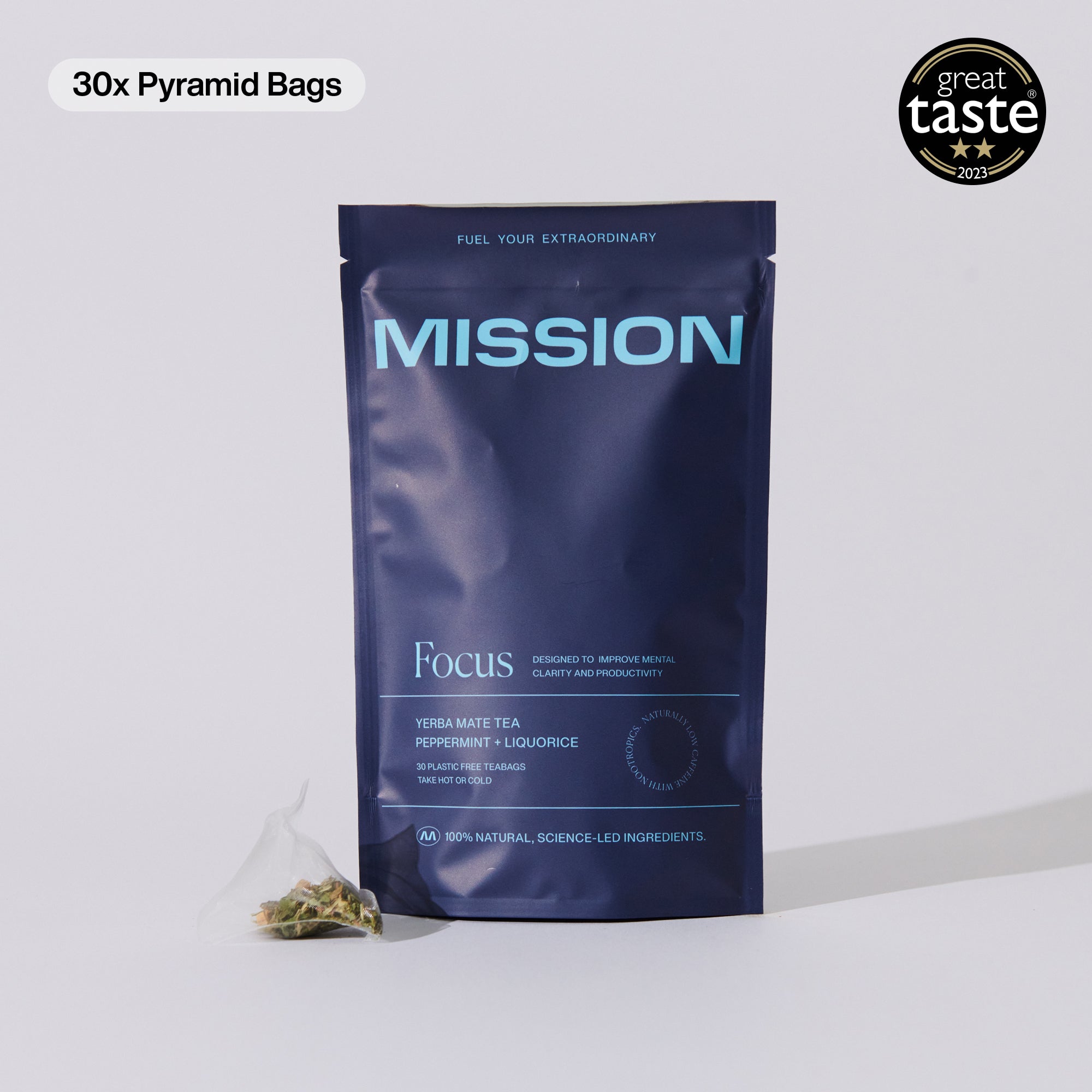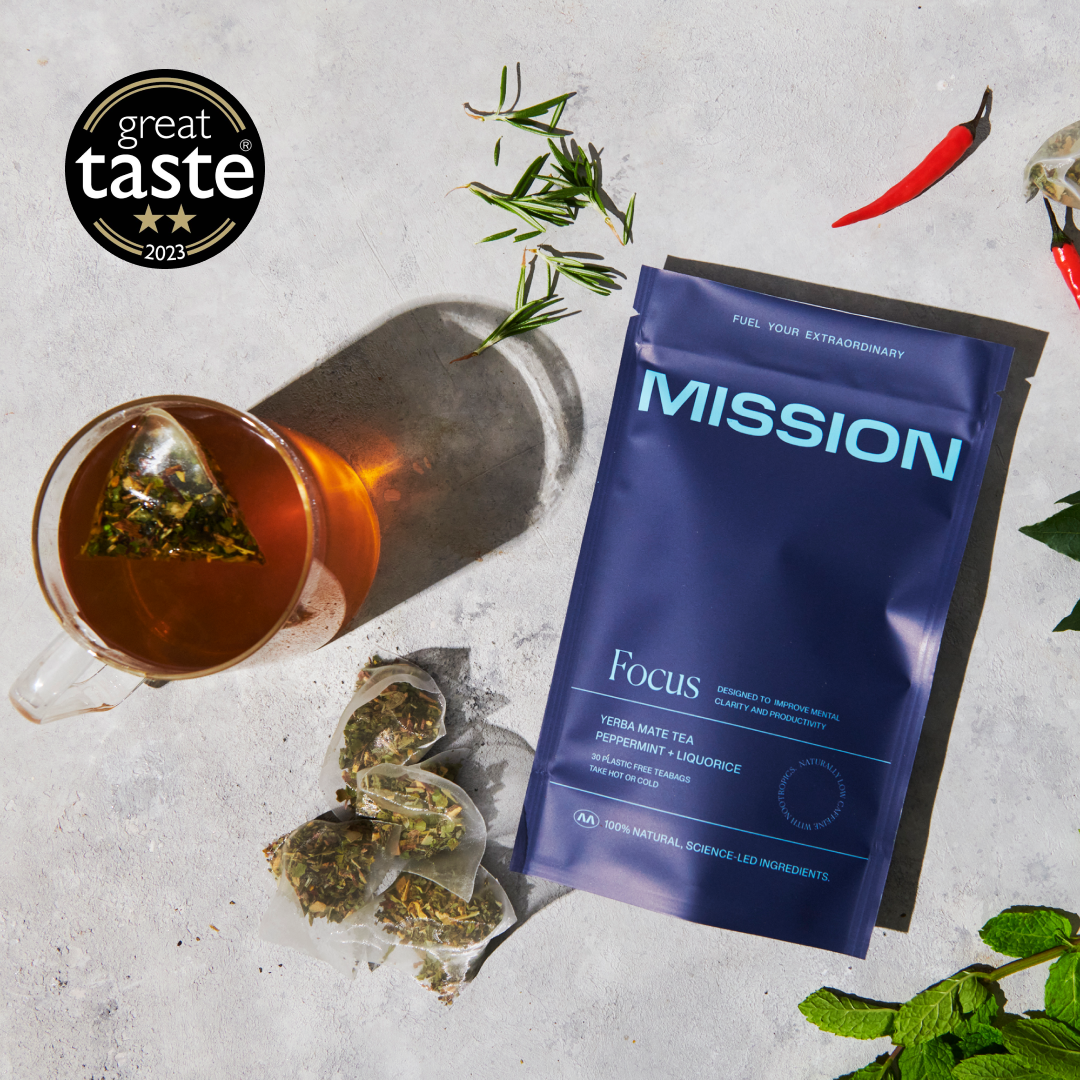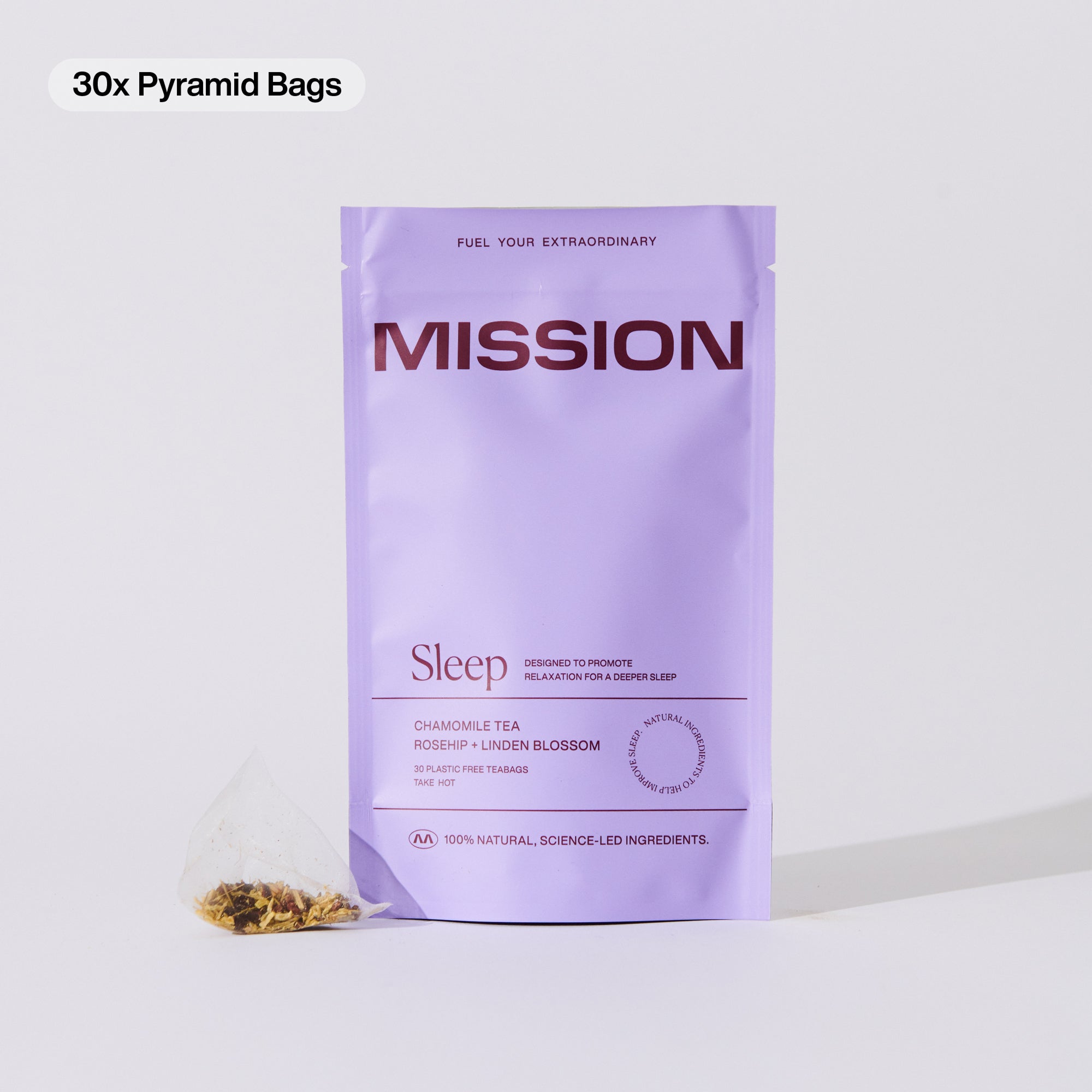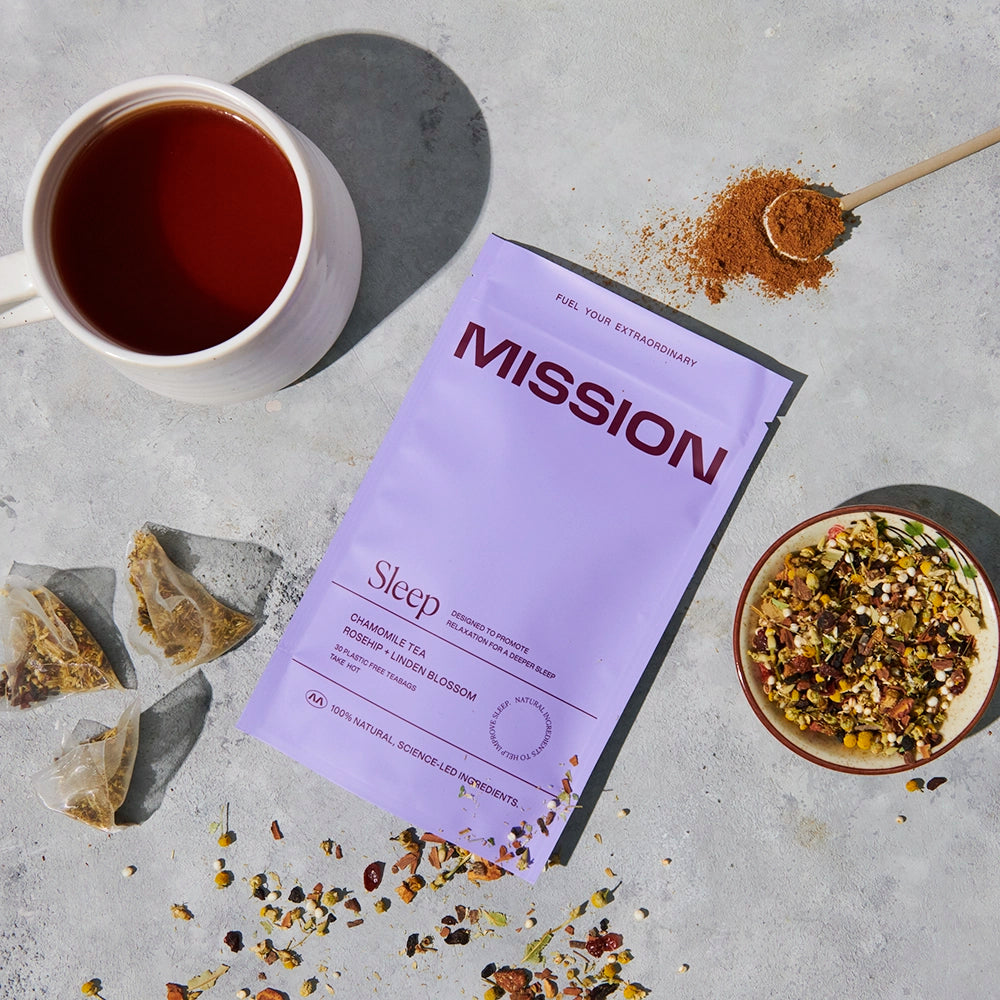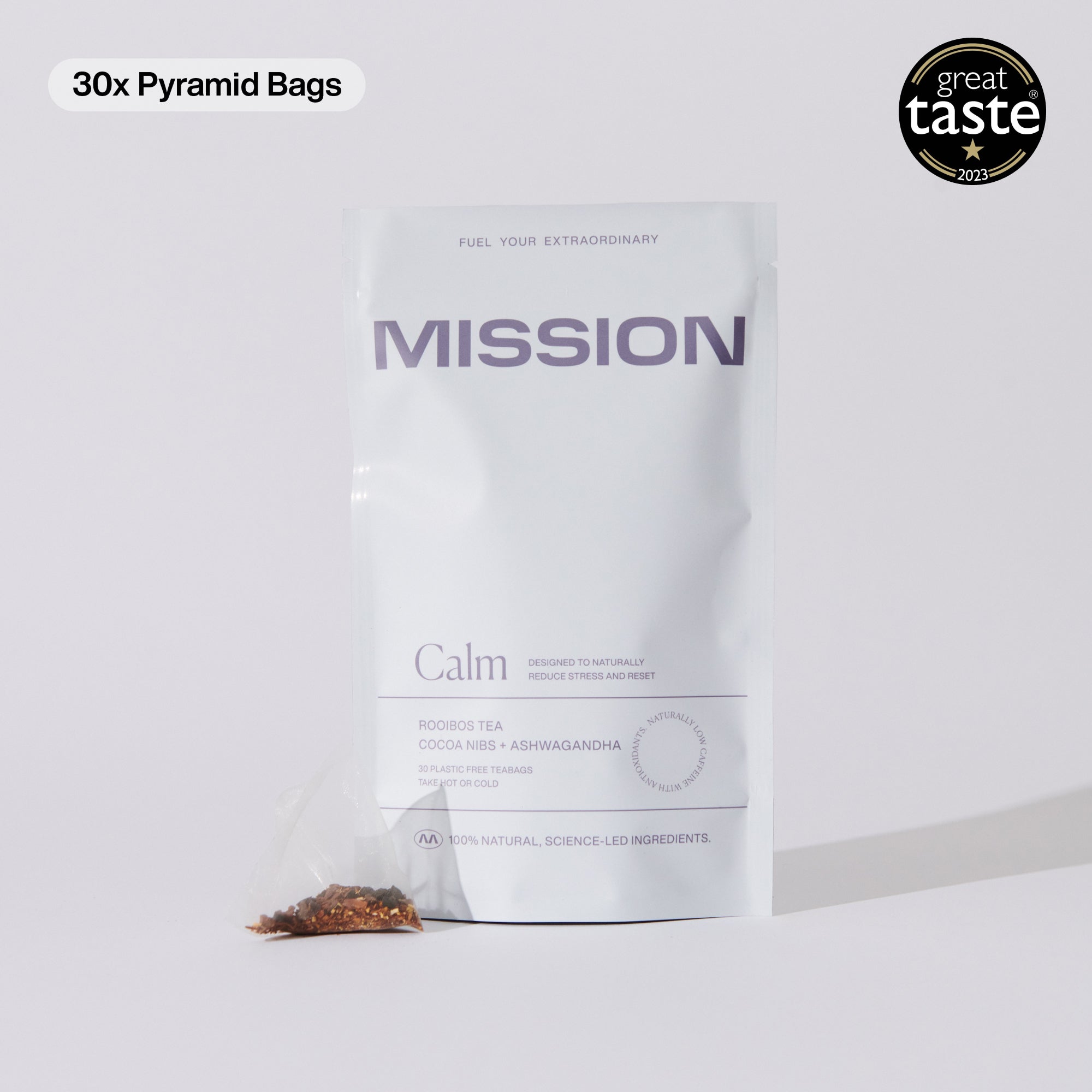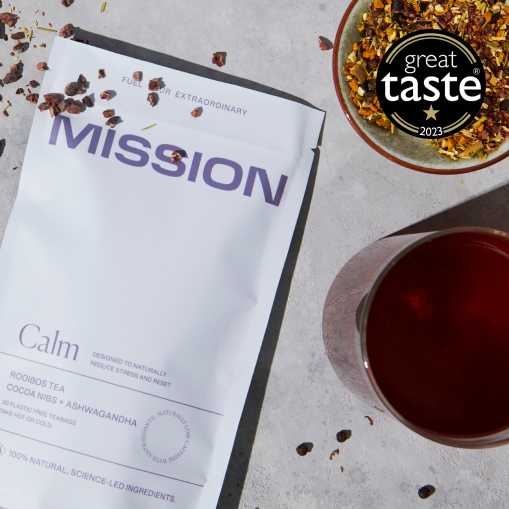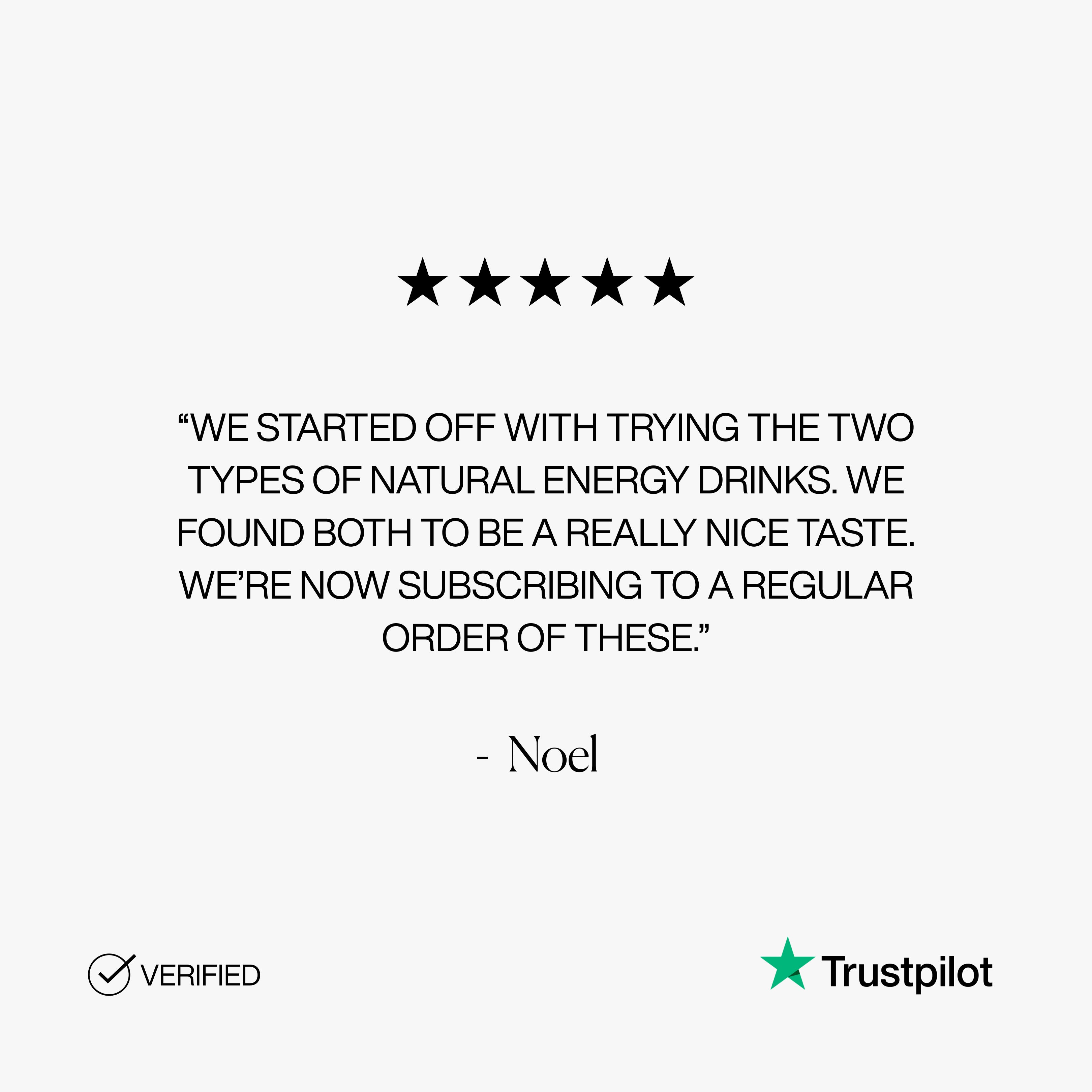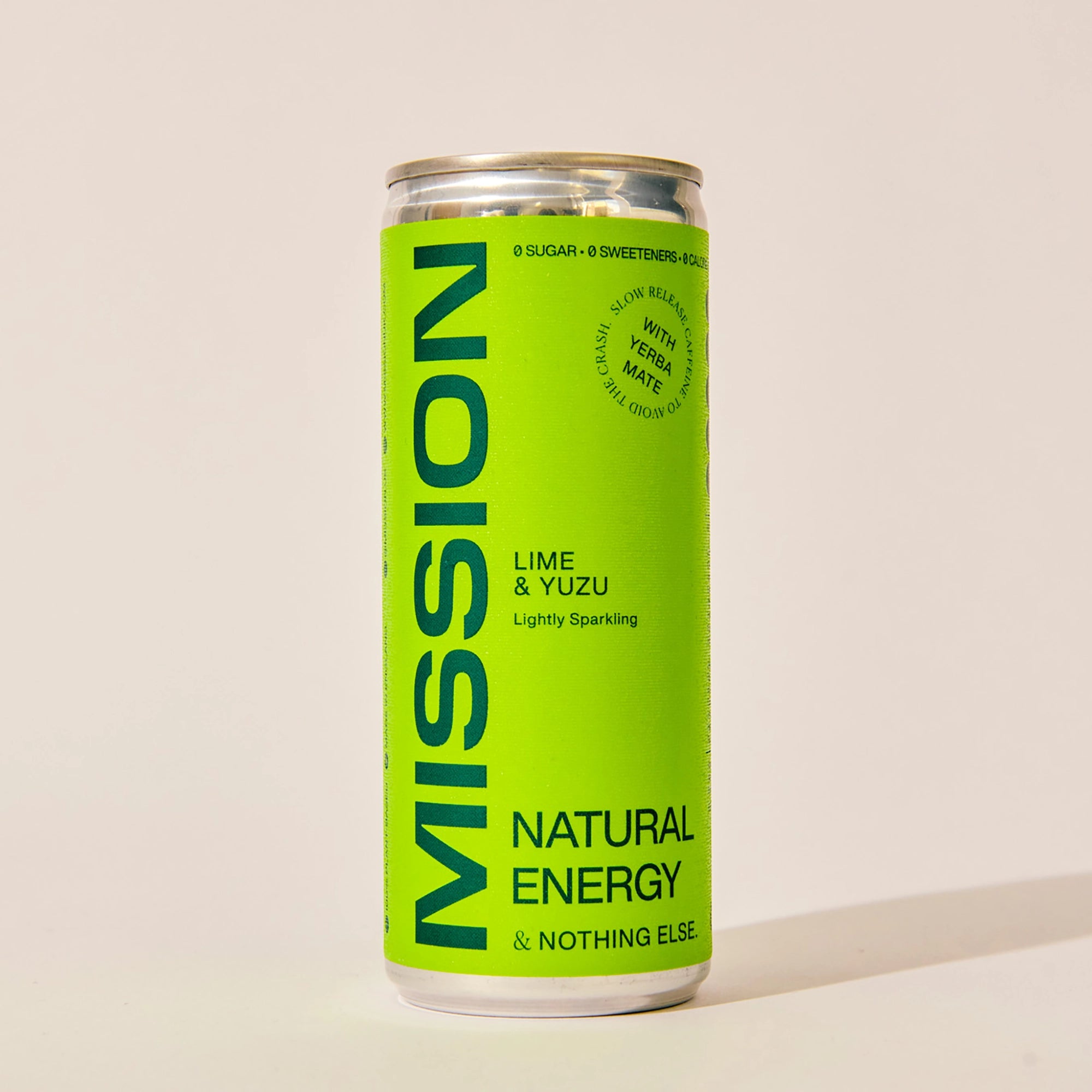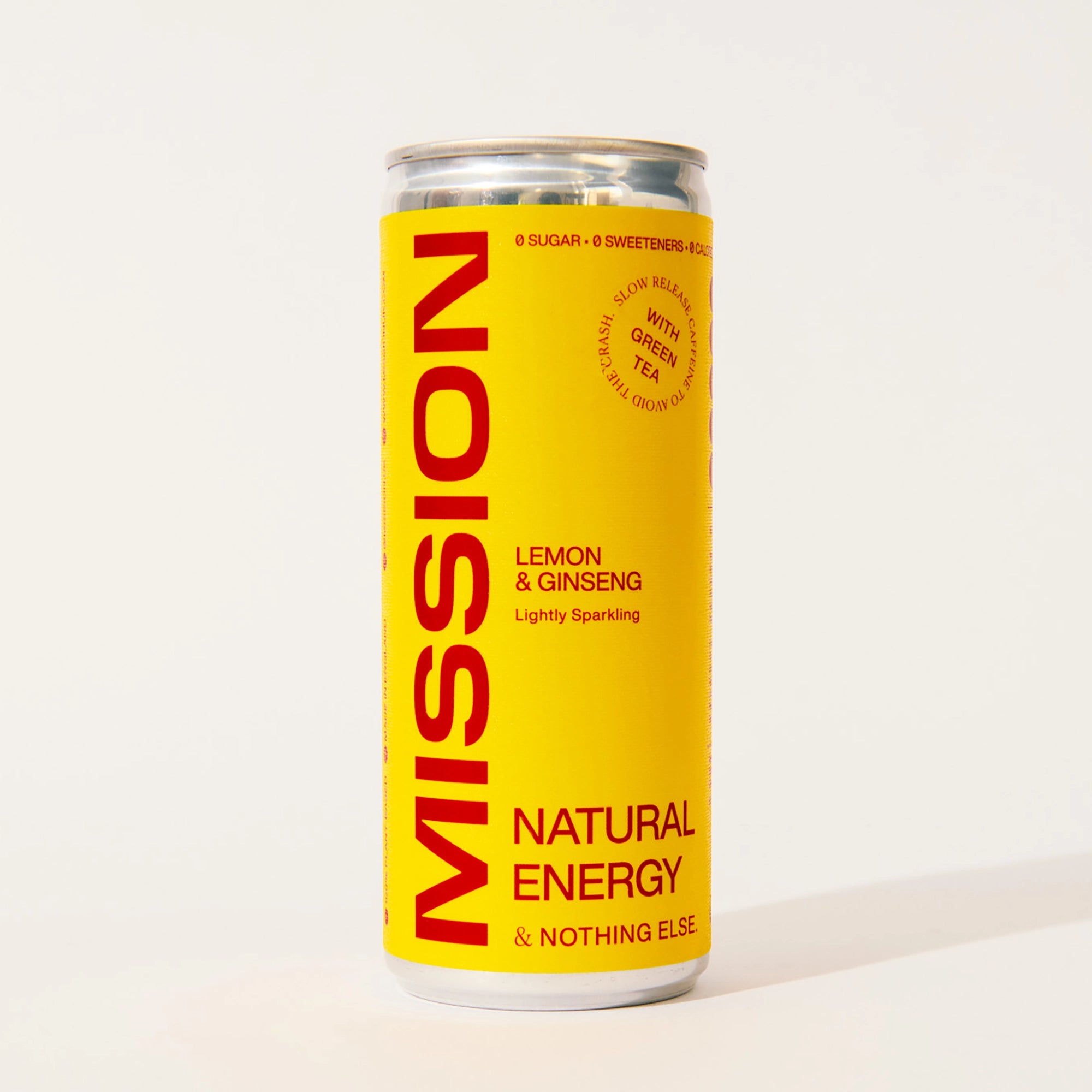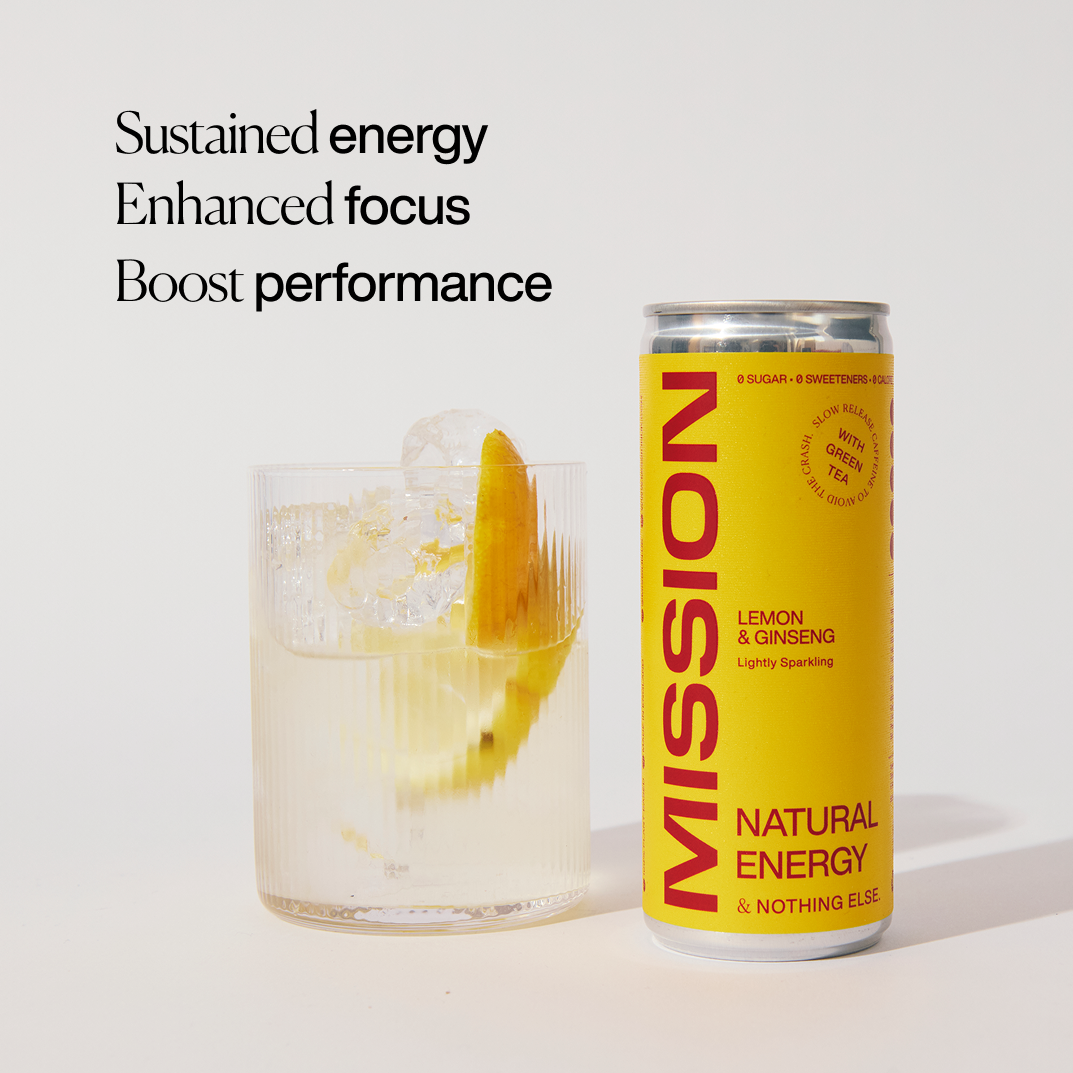Exercise + its impact on the Immune System
You already know that exercise is good for you, but do you know just how good? Research into the benefits of exercise is only just scratching the surface. There is solid evidence of its physical (bone strengthening, weight loss/management), mental (mood boosting, stress reducing) benefits, which we are all well aware of [1]. However, perhaps due to recent circumstances, immune system benefits are being increasingly researched too, and more people need to realise just how crucial exercise is in this area.

While it needs to be acknowledged that there is no magic solution to avoiding illnesses (so many factors influence this!!) there is so much that can be done to support your immune system that can potentially influence the length and severity of illnesses, and importantly your recovery from illness too. Regular exercise is a key player in this.
For a while, exercise - especially of a vigorous intensity - was considered immune suppressing [2]. At first glance, the data shows high rates of illness (largely of the upper respiratory tract) among athletes. Therefore, the easy conclusion to draw was that exercise suppresses the immune system, increasing the likelihood of becoming ill. For this reason, many people avoid exercise when they are feeling a little under the weather, but recent research has demonstrated that this avoidance should be no more.
In the science world, the notion of exercise suppressing the immune system is known as the ‘open-window hypothesis’. Using data from some studies, it was suggested the immune system is compromised after vigorous exercise, leading to an increased risk of infections in the days thereafter. Only recently has this been challenged to be a) using weak evidence, but most importantly b) the opposite of what actually happens….which is that exercise optimises immune function [3]! The open window hypothesis is thought to be as a result of psychological stress, insufficient sleep, travel and importantly, pathogen exposure at large gathering events like marathons - rather than the act of exercising itself.
In a nutshell, recent research has shown that exercise benefits the immune system both short and long term. Rather than being suppressed days after, it actually initiates a process called ‘immune surveillance’ where immune cells are re-distributed around the body to find and deal with pathogens efficiently. Where initially scientists thought a decline in key immune cells from their usual hot-spots was a sign of this ‘immune suppression’, it is actually a result of immune surveillance - the cells moving to places that need them most. As for long term benefits, regular exercise slows down changes that happen to the immune system with ageing, therefore reducing the risk of infections and improving immune-competency across the lifespan.
While we haven’t got an immunity focussed tea in our range (yet!), our Energise blend features immune supporting Ginger and Sleep powder and Calm features Turmeric. Alongside these blends, adding or maintaining an active routine into your lifestyle is one of the best ways you can support your immune system alongside adequate sleep and a well balanced diet.

The benefits of exercise can be achieved through regular exercise, such as walking, running or cycling, with the aim of achieving 150 minutes per week [4]. If the capacity to exercise is restricted due to a health condition or disability, the message is to ‘move more’ and that ‘something is better than nothing’. With the list of benefits of exercise increasing, it is no wonder that since the onset of COVID-19, 62% of UK adults consider themselves more active [5]. Keep smashing it team!

References:
[1] Ruegsegger, G.N. and Booth, F.W., 2018. Health benefits of exercise. Cold Spring Harbor perspectives in medicine, 8(7), p.a029694.
[2] Nieman, D.C., 2000. Exercise effects on systemic immunity. Immunology and cell biology, 78(5), pp.496-501.
[3] Campbell, J.P. and Turner, J.E., 2018. Debunking the myth of exercise-induced immune suppression: redefining the impact of exercise on immunological health across the lifespan. Frontiers in immunology, p.648.
[4] UK, G., 2021. Physical activity guidelines: UK chief medical officers' report.
[5] Ding, D., del Pozo Cruz, B., Green, M.A. and Bauman, A.E., 2020. Is the COVID-19 lockdown nudging people to be more active: a big data analysis. British journal of sports medicine, 54(20), pp.1183-1184.


